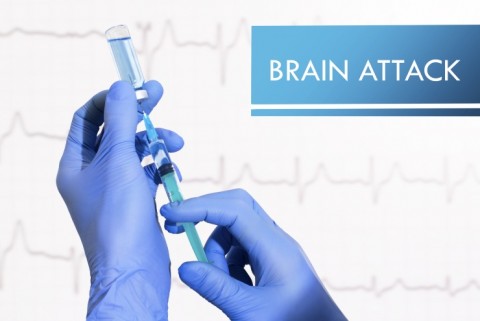DrCarney.com Blog
Health - Food - Science - Community
Significant reduction in the risk of stroke is associated with individuals with high blood levels of lycopene.
Consistent consumption of foods high in lycopene may help guard against the development of cardiovascular diseases, such as stroke and coronary heart disease.
Frequent exposure to passive smoke may increase an individual's chances of developing stroke.
High dietary intake of processed meats may elevate the risk of developing stroke in Swedish men.
Regular drinking of soft drinks and artificially-sweetened beverages may up cardiovascular disease risk.
Every four minutes, someone dies of stroke. Isn't that sad? Stroke, also called brain attack, is one of the major causes of long-term disability and death worldwide. The Center for Disease Control and Prevention (CDC) reports that stroke is the fifth leading cause of death in the United States, killing about 140,000 people every year. Put...




